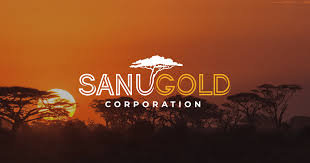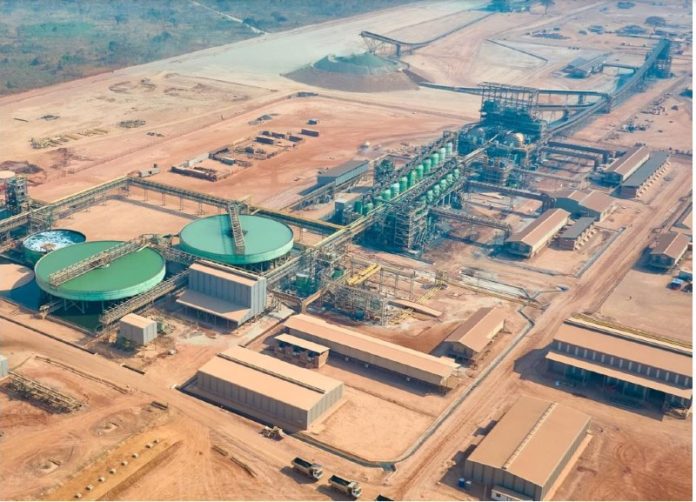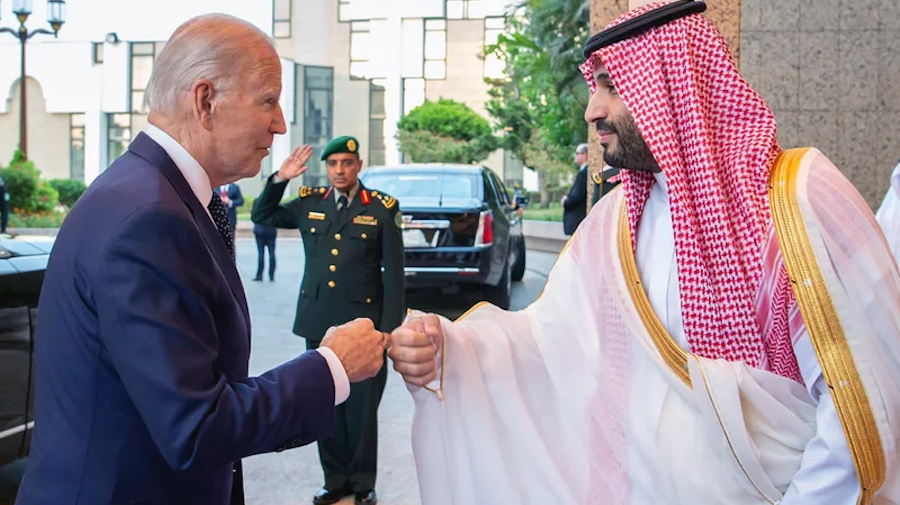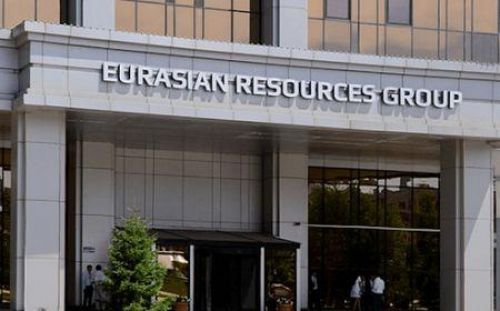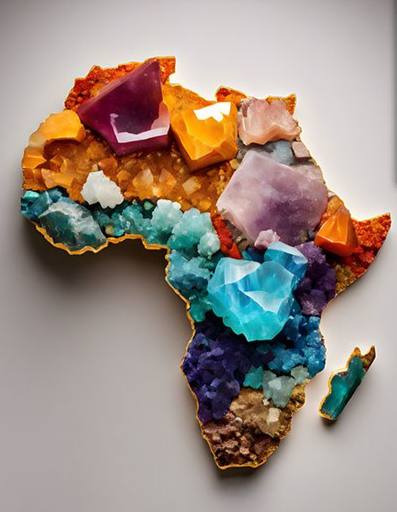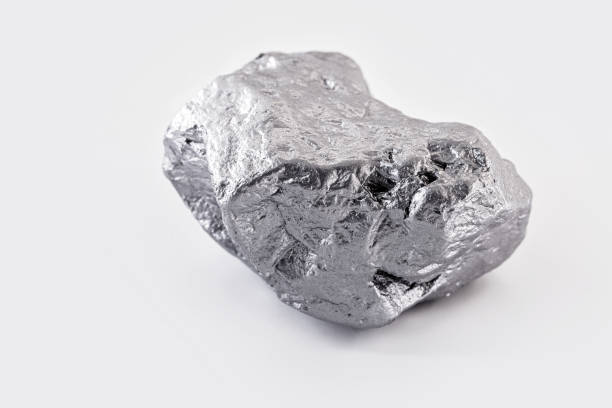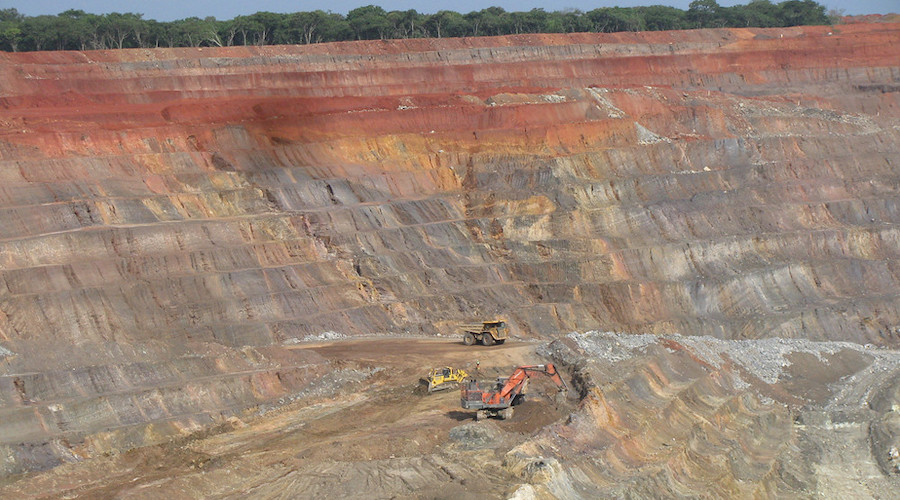Base Metals

The US-China Battle for Africa's Copper Crown
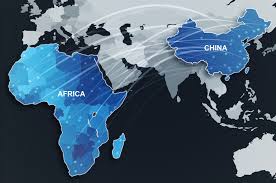
The Strategic Context: A Continental Shift
The two articles, while focusing on different actors and specific projects, are fundamentally about the same paradigm shift: Africa is moving to center stage in the global competition for critical minerals. The first article outlines Africa's internal vision for this shift, as championed by its political leaders. The second article describes the external response to this reality, as global superpowers jockey for position and influence. Together, they depict a continent that is no longer a passive player but a strategic arena where local ambition and global power interests are colliding.
The African Vision: From Extraction to Value
The first article, featuring Dr. Dele Alake, presents a powerful and unified African ambition to break the paradox of being mineral-rich yet economically under-industrialized. The stated goal is a radical transformation of Africa's role in the global economy. The continent no longer wants to be a mere supplier of raw materials but aims to become a hub for mineral processing, innovation, and green industrialization. This means building local capacity to refine, process, and manufacture goods from its own resources, thereby capturing more of the value chain and creating jobs and industrial growth at home.
Nigeria is presented as a case study for how to achieve this vision. The strategies include promoting local beneficiation such as gold and lithium processing, revoking dormant licenses to attract serious investors, digitizing mining processes for transparency, and strengthening legislative frameworks. This is not an isolated national policy but a continent-wide strategy being pushed through the African Minerals Strategy Group, which emphasizes the need for all African nations to map their resources and strengthen governance to ensure only licensed operators manage their mineral wealth.
The Geopolitical Battle: The Infrastructure Play
The second article provides the crucial context behind this African assertiveness by revealing the intense geopolitical competition between the United States and China over the continent's mineral wealth, with infrastructure as the primary weapon. The strategic prize is explicitly the Central African Copper Belt, a geological region rich in copper, which is an indispensable metal for the green energy transition and digital technologies. Both superpowers recognize that securing a reliable supply is a matter of national and economic security in the twenty-first century.
The article highlights two key infrastructure projects that represent a logistical arms race. China is revitalizing the TAZARA railway, an eastward corridor it built decades ago, to funnel minerals to Indian Ocean ports. Simultaneously, the United States is backing the Lobito Corridor, a westward route through Angola, offering a new and potentially faster path to the Atlantic Ocean. These projects are not charitable undertakings but are strategic investments designed to secure influence and preferential access to the copper belt, a fact underscored by high-level diplomatic invitations from the White House to leaders of West African nations.
The Convergence and Inevitable Tension
The connection between the two narratives is where the real story lies, as the African vision and the superpower competition are on a direct collision course, creating a dynamic of both opportunity and tension. The competition between the United States and China gives African nations unprecedented leverage. Leaders can use the rival infrastructure offers and diplomatic overtures to negotiate better terms, demanding that these projects include local beneficiation components, technology transfer, and job creation, thereby aligning external investment with their own industrialization goals.
However, the great danger for Africa is that this new competition simply replicates the old extractive model in a modern guise. If the continent only provides improved railways for the export of raw copper ore, the fundamental paradox of being resource-rich but industrially poor will remain. The vision of local processing and green industrialization would be sidelined in favor of a more efficient resource drain.
Conclusion: A Pivotal Moment for Africa
In conclusion, these two articles signal a pivotal moment for the African continent. Africa, led by its political and ministerial leaders, has clearly articulated a new vision for economic sovereignty based on its mineral wealth. At the same time, global powers are actively courting the continent, driven by a strategic need for its critical resources. The coming years will be defined by how effectively African nations can harness this external competition to serve their own internal development agenda. The ultimate success of the African vision will be measured by its ability to ensure that rebuilt railways carry not just raw ore for export, but also finished goods from local factories, thereby fueling the continent's own long-awaited industrial revolution.



